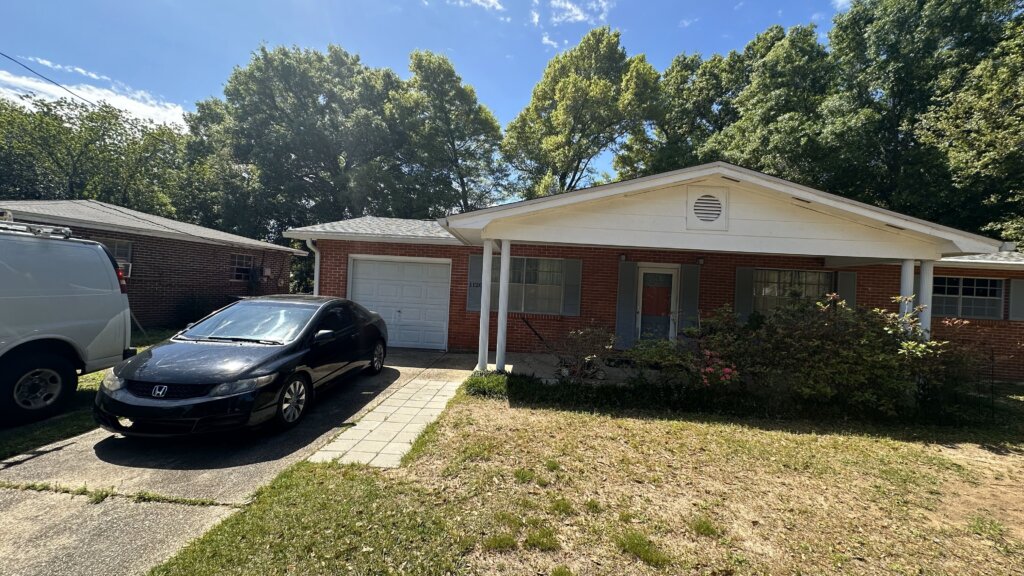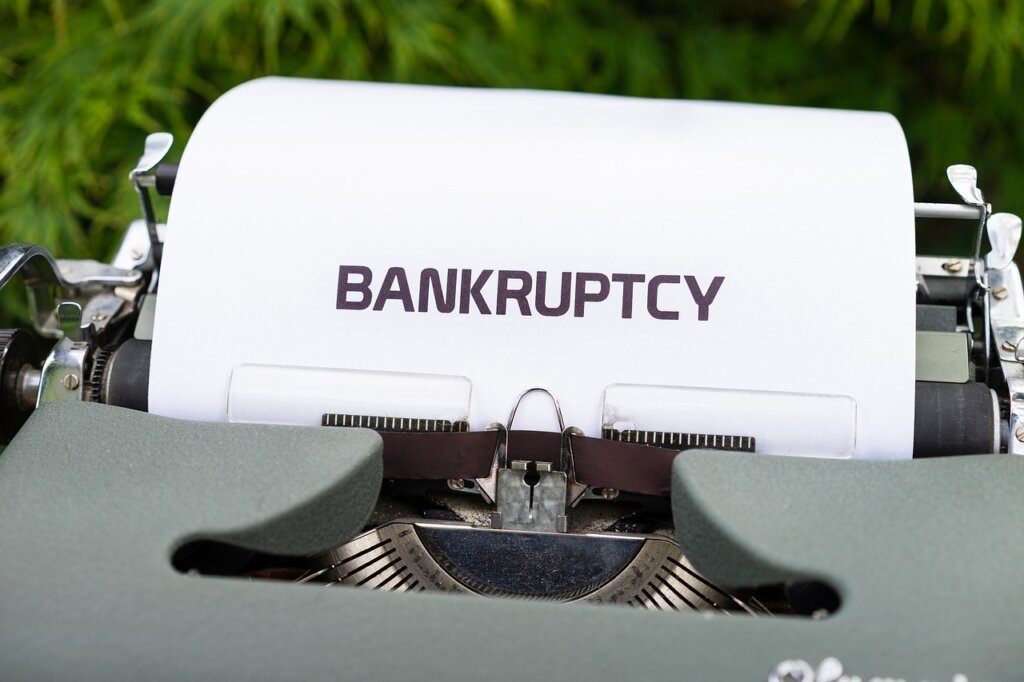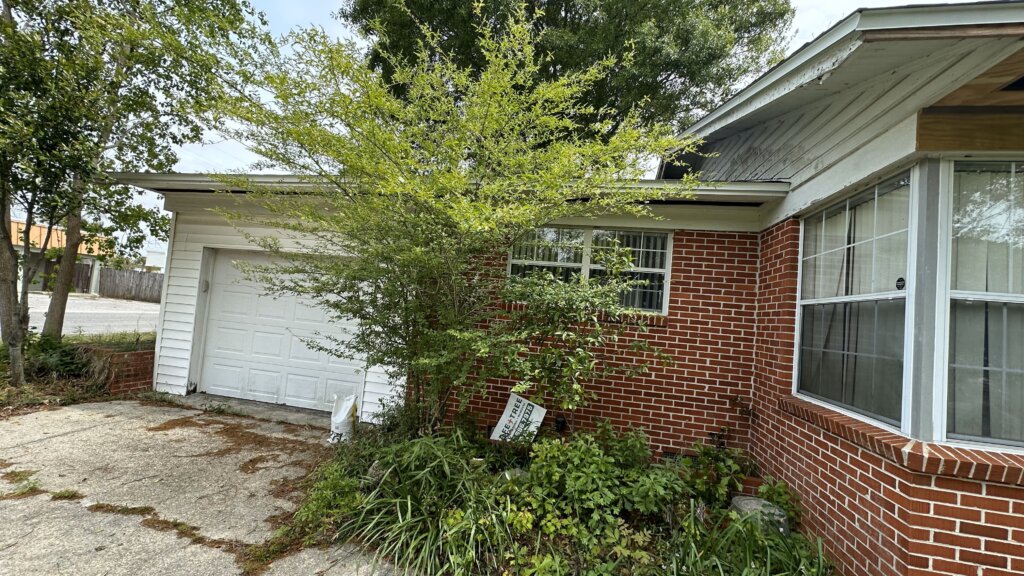
In today’s volatile real estate market, grasping the notion of foreclosure is critical, particularly for Florida homeowners. When a homeowner cannot make mortgage payments, the lender initiates the foreclosure procedure to reclaim the loan balance. Going through this difficult phase necessitates a thorough awareness of one’s rights and options. This blog post tries to demystify the foreclosure processes in Florida, giving homeowners useful insights.
It provides practical information on how to handle these difficult circumstances and discusses potential solutions to avoiding foreclosure altogether.
Foreclosure Explained
Foreclosure is a legal action that occurs when a homeowner fails to make mortgage payments. This method permits the lender to seize and sell the property to recoup the overdue loan amount. The foreclosure process is governed by specific state regulations, which in Florida involve a number of measures to protect both the lender’s and borrower’s rights. When a borrower fails to complete mortgage payments as scheduled, the process of foreclosure begins.
You may be wondering, how long does foreclosure take? Properties foreclosed in Q4 of 2023 averaged 720 days in the process, according to ATTOM’s Year-End 2023 U.S. Foreclosure Market Report. The report also highlights the states with the longest average time to foreclosure, with Louisiana having the highest average of days in process (2,641 days), followed by Hawaii (2,031 days), New York (2,006 days) and Nevada (1,816 days). (1)
In Florida, mortgages often provide a 10- to 15-day grace period following a missed payment, during which no late penalties are charged. However, the lender may commence the foreclosure procedure if payments are consistently missed. Mortgages may also include a ‘letter of breach’ clause, which requires lenders to notify borrowers of the loan default before initiating foreclosure. However, the absence of such a clause does not legally require lenders to offer pre-foreclosure notice.
What is Pre-Foreclosure?
Pre-foreclosure in Florida is a vital period that begins as soon as a homeowner misses a mortgage payment and lasts until the property is sold at auction, provided the default is not resolved. This period allows homeowners to fix their financial issues and prevent a full foreclosure. During the pre-foreclosure process, the lender may contact the delinquent borrower to negotiate outstanding payments, allowing for foreclosure mitigation techniques such as loan modification, payment plans, or forbearance agreements. If the borrower is more than 120 days late on their payments, the lender may file a notice with the court to begin foreclosure.
However, Florida homeowners have the power to stop the foreclosure process at any time until the sale date by completing the owed payments.
Foreclosure Process
Foreclosure is a systematic process involving the judicial system and includes specified protocols and safeguards for lenders and homeowners. This strategy assures that the procedure is carried out fairly, with legal scrutiny at all stages. Understanding this process is critical for homeowners facing the possibility of foreclosure. It provides them with the knowledge they need to navigate the process and consider other ways to keep their property.
Here’s a summary of how foreclosures normally proceed in Florida:
- Judicial Process: Foreclosure involves the court system.
- Lis Pendens Filing: The lender files a notice of imminent lawsuit, informing the homeowner of the foreclosure proceedings.
- Homeowner Response: The homeowner has 20 days to respond. Failure to answer leads to a default judgment in favor of the lender. If the homeowner answers, the case may proceed to trial or be resolved through summary judgment to accelerate the process.
- Trial and Auction Sale: If the lender proves their case at trial, the court will schedule a property sale date, typically 20 to 90 days following the decision. Foreclosure auctions in Florida are normally held 30 days after the final verdict. The sale notice is publicized for two weeks, with the second notice coming at least five days before the auction. During the auction, the residence is sold to the highest contender, removing the original owner’s opportunity to retrieve it.
- Deficiency Judgment: The lender can pursue a deficiency judgment for the remainder if the sale price is lower than the owed debt. The court makes this decision based on the loan sum and the property’s fair market value.
Foreclosure Defenses
To protect your house during foreclosure, it is critical to identify and remedy any potential lender errors through the legal mechanisms established by Florida law. Here are the main points:
- Act quickly to challenge any lender errors or legal noncompliance, resulting in a solid defense or counterclaim.
- Common lender faults include not sending a default notification and the unfair retraction of loan modification requests. Other faults may include incorrect escrow or insurance premium changes, delays in property tax payments, and the absence of alternatives for loss mitigation. An additional lender error is.
- When you suspect something is wrong, immediately submit a Notice of Error.
- Lenders are expected to reply within certain time limits.
- To obtain detailed account details, please submit a written Request for details.
- Send these documents via certified mail to guarantee that the lender acknowledges receipt.
After properly resolving these issues with the assistance of a foreclosure attorney, you will have taken significant steps to secure your house. It is critical to remain proactive and educated throughout this process. Keep detailed records of all correspondence and deadlines to ensure your case is as strong as feasible. In such difficult situations, working with a foreclosure attorney who specializes in foreclosure can provide additional assistance and support, allowing you to negotiate the complexities of these procedures more confidently and effectively.
Options for Avoiding Foreclosure
Deed in Lieu
A deed in lieu allows you, the homeowner, to voluntarily turn over ownership of your home to the bank. Sounds simple, right? Unfortunately, a deed in lieu has the same effect on your credit score as a foreclosure, and banks frequently refuse to accept a homeowner’s request for a deed in lieu. Why? Banks are hesitant to use the deed as an alternative to foreclosure for a variety of reasons.
To begin, if the bank chooses to use this option, they must pay off any second or third mortgages or home equity lines of credit before proceeding with the deed in lieu. Second, the lender wants to ensure that your financial difficulties are genuine and that you are not faking poverty. As a result, a deed in lieu is typically always completed after your home has been on the market and failed to sell for several months. Unless foreclosure is inevitable, getting a deed in lieu may be difficult.
File for Bankruptcy

Filing for bankruptcy will end the foreclosure process. Federal law requires any debt collectors, including your mortgage lender, to cease further collection action if you declare bankruptcy. This may appear to be the greatest alternative — and it may be for some homeowners — but remember that filing bankruptcy will not release you from your obligations indefinitely; it will just halt the foreclosure process for a fair period. The homeowner, your bankruptcy trustee, and your mortgage lender will eventually have to collaborate to develop a reasonable repayment plan.
Before filing for bankruptcy, contact an attorney to determine that it is the best option for you.
Lease Option
A lease option scenario goes like this: a buyer becomes your renter (but you continue to own the property) until the purchaser has saved enough money to buy your home. In other cases, the buyer will make an upfront, lump sum payment to you in exchange for the chance to acquire your home. You may apply this option payment to your mortgage. The buyer will then pay you their monthly rent payments, which you can use to bring your mortgage up to date.
To successfully use this option to stop foreclosure, you must arrange a renal payment that covers the majority or all of your mortgage payment, property tax, and insurance costs.
Short Sales
If you want to prevent foreclosure, consider locating a buyer prepared to short-sell your house. Asking your bank to allow you to complete a short sale will save them time, effort, and the hassle of locating a qualified buyer. Explain to your lender that they may have difficulty finding a bidder at auction. A short sale should seem like a better alternative if they wish to minimize the danger of keeping your home on their books.
Even if your lender has begun the foreclosure process, you should continue to look for purchasers who may be interested in purchasing your property. For instance, Pensacola we buy houses companies buy homes facing foreclosure for cash. They have bought such homes in Florida for years and will complete the sale procedure within a few weeks to save you from the stress of foreclosure.
Pricing Your Home for a Short Sale
Don’t Overprice Your Home
Determine exactly what you want. If you want to sell my house fast Pensacola, price it aggressively, which means a low price. If your home is overvalued, some purchasers will avoid it because it appears to be out of their price range. Other buyers will look for residences with owners who appear more reasonable in pricing. Your house will sit on the market for longer than necessary, and lowballers will emerge.
Don’t Attempt to Retrieve Equity that Doesn’t Exist
The fact that you paid thousands more for your property than comparable properties in your community has no bearing on its current fair market value. You must be clear about your goal: Are you attempting to get the most profit out of your property by waiting for the highest price, or are you trying to prevent the seven-year black record that a foreclosure will leave on your credit report?
Set a Realistic Price for your Home
Conduct a Comparative Market Analysis (CMA) of recently sold, comparable homes in your community. If you’re serious about selling it quickly, consider the sales prices (not the list prices) of the most recently sold properties in your neighborhood and then reduce them by around 10% to arrive at your list price. When a residence is slightly underpriced, it appears to be a deal. More cash buyers will come out to see it, increasing the odds of receiving a qualified offer.
Know Exactly How Low You Can Go
A buyer will not pay a higher price for your home simply because that is what you owe. If you owe more than your home is worth, contact your lender, fill out a short sale application, and ask them to give you an indication of how low a sale price they will accept. Conform your list price to that (don’t forget to account for closing expenses); a short sale will impair your credit, but not as significantly as a foreclosure.
Merits of a Short Sale to Avoid Foreclosure
Get Out of a Tough Spot
When you’re in foreclosure or behind on your mortgage payments, it can feel like everything is against you. Fortunately, there is still a way out of this issue entirely. Selling your home for cash can help you get out of debt and into a better position to move on. If you sell my house fast in Pensacola for cash, you can avoid foreclosure, get out of your difficult mortgage, and rebuild your credit, allowing you to move on to a home you can afford.
Selling on your own terms allows you to regain control of your finances and future.
You Don’t Need to Complete Repairs
The simplest approach to sell my house fast Pensacola, FL is to sell it as-is for cash. This means that you can sell your home in its current state without having to make any repairs, renovations, or updates to the house or land. You get to keep all the money from the sale. By selling your house for cash, you can move on fast and avoid time-consuming repairs, allowing you to focus on your next steps.
If you don’t have the cash to pay for the repairs your home requires, such as a new roof, foundation repair, or mold elimination, or if you simply don’t want to deal with sprucing up the landscaping, selecting new paint colors, or renovating your kitchen, that’s fine. Selling a house in an as-is condition allows the buyer to worry about those issues. A real estate investor has the time and resources to make repairs and modifications to your house, saving you money and the trouble of dealing with them on your own.
You Can Skip Hiring a Realtor
Working with a realtor can be complex. They frequently have their own suggestions for what you should do to ready your home for sale. They may also create a series of hoops for you to jump through before listing your home for sale. You’ll need to conduct an open house and keep your home in immaculate condition so that it may be shown to a potential buyer at any time.
Selling your home for cash is a lot simpler. Once you’ve sold to a buyer, you’ll no longer need to engage a realtor, follow their instructions, or pay their commission. While a realtor is driven to help you get top dollar on your property sale, you must pay a commission after the deal is completed – the industry standard is approximately 6% of the sale price. The most difficult aspect of working with a realtor is that you must sell on their timeframe.
Selling your home through a realtor can take months of planning, and it takes much longer to find a buyer and complete the closing process. This may not be the greatest option if you need to sell my house fast Pensacola. Selling a house for cash allows you to sell whenever you choose and walk away with an offer in hand in as little as five days. With no preparations, open houses, or agent fees, you can sell your property and go on with your life much more quickly.
You Can Sell Your House on Your Own Timeline

If you need to sell my Pensacola house fast to relocate for employment, avoid foreclosure, or because of a divorce, why wait for a regular sale that could take months? One of the numerous advantages of selling your property for cash is that you can set your own timeline. If you want to move swiftly and get paid sooner, an as-is sale can be completed in as little as five days. You can sell your residence for cash quickly and be ready to start your new job on Monday, or you can move on and start making new memories in a new home right now.
Minimal Pressure
Let’s face it: selling a property can be demanding. Moving not only requires effort to pack your possessions, but it may also bring up a lot of emotional baggage. Why make things more difficult? If you want a clean break with little stress, a cash sale is ideal for you. You can sell my house fast Pensacola, Florida for cash without using a Realtor, making costly and time-consuming renovations, or dealing with the ups and downs of the real estate market. Selling your house for cash is a simple method to achieve financial freedom and move on to the next chapter of your life. A cash sale of your foreclosure property will save you energy and money and leave you with enough time to decide what to do next.

